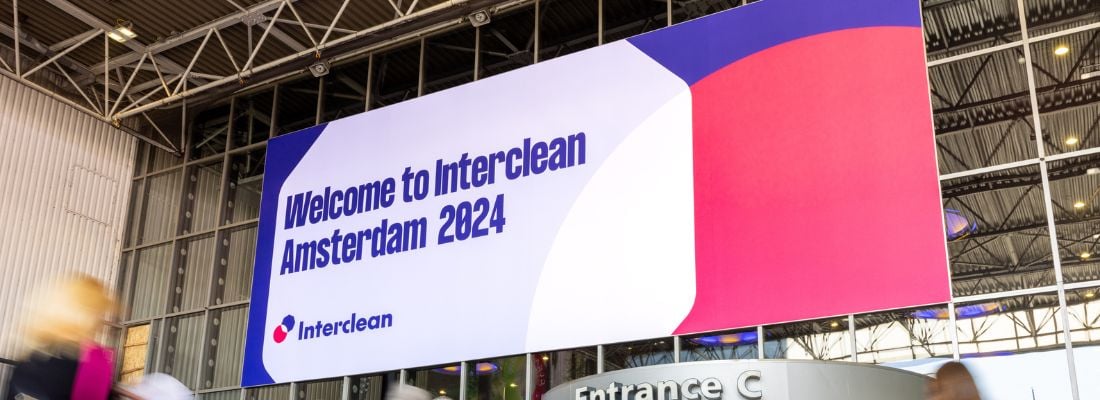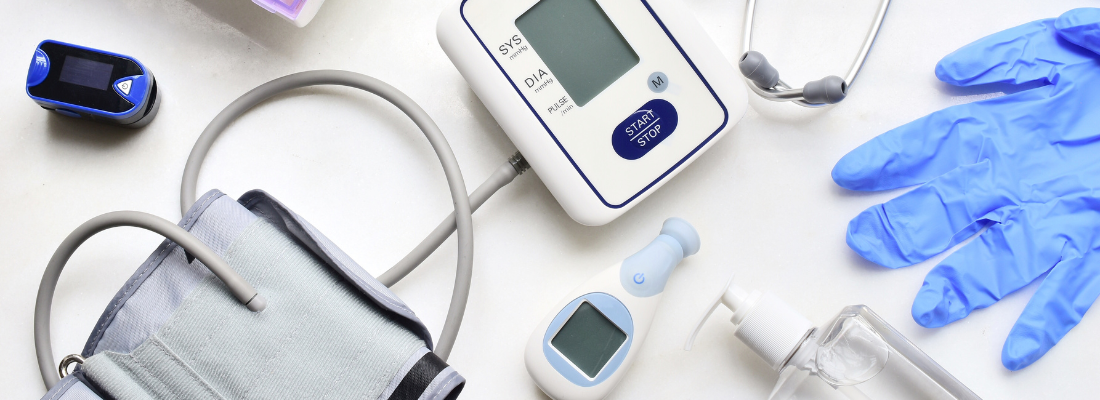Hygiene innovations transforming the food service industry
In the fast-paced and ever-evolving food service industry, maintaining high standards of cleanliness and hygiene is of utmost importance. But in 2024, it's getting a high-tech makeover. Gone are the days of relying solely on bleach and elbow grease. Today, data-driven insights, cutting-edge technologies, and sustainable practices are revolutionising how we keep food safe and surfaces sparkling.
The rise of smart cleaning
Traditionally, cleaning has been a behind-the-scenes operation. But not anymore. Sensors strategically placed in kitchens, dining areas and restrooms are now gathering data on everything from surface temperature and humidity to foot traffic and cleaning frequency.
This information is then translated into actionable insights, optimising cleaning schedules, resource allocation, and even predicting potential hygiene risks before they happen. Imagine a world where a smart refrigerator alerts you to spills before they become breeding grounds for bacteria, or a hand-washing station that automatically triggers reminders for staff and tracks compliance.
Automation in the kitchen
The food service industry is embracing advanced cleaning technologies to improve efficiency and effectiveness. Automated cleaning systems, such as robotic cleaners and UV-C disinfection devices, are gaining popularity. Cleaning robots are now patrolling kitchens, diligently scrubbing floors, disinfecting surfaces, and even taking care of greasy cooker hoods and vents.
These autonomous machines not only increase efficiency, reach areas that may be difficult to access manually and reduce labour costs, but also improve consistency and standardisation, ensuring your hygiene standards are met every time.
Data-driven hygiene
One-size-fits-all cleaning protocols are becoming a thing of the past. Data analytics is allowing for tailored hygiene plans based on specific needs and risks. From analysing menu items and customer traffic patterns to monitoring allergen cross-contamination risks, businesses can now implement targeted cleaning approaches that are both effective and efficient.
This data-driven approach also empowers managers to track cleaning performance, identify areas for improvement, and demonstrate compliance with regulatory requirements.
Sustainability steams forward
Sustainability is a growing concern in all industries, including food service. The food service industry is under increasing pressure to reduce its environmental footprint. Thankfully, sustainable cleaning solutions are emerging as powerful allies.
Green cleaning products, which are non-toxic and biodegradable, are being preferred over traditional chemical-based cleaners. From eco-friendly cleaning chemicals produced from plant-based ingredients to water-saving cleaning systems and energy-efficient equipment, there's a growing arsenal of green alternatives available. Additionally, the use of microfibre cleaning cloths and mops helps to minimise waste and improve cleaning efficiency.
These innovations not only benefit the planet but also contribute to building a positive brand image, attracting environmentally conscious customers.
Training takes centre stage
Technology advancements don't remove the importance of skilled cleaning professionals. In fact, with new tools, technology and protocols comes the need for enhanced training.
Food service businesses are investing in comprehensive training programs that equip staff with the knowledge and skills to operate smart cleaning technologies, understand data-driven insights, and implement sustainable practices. This investment in human capital ensures seamless integration of new technologies and ultimately safeguards the highest hygiene and cleanliness standards.
Increased focus on air quality
Good air quality is crucial for a healthy and comfortable dining experience. With the rise of airborne diseases, food service establishments are investing in air purification systems and ventilation upgrades. These measures help to remove pollutants, odours, and allergens from the air, creating a safer and more pleasant environment for customers and staff.
Conclusion
These trends illustrate a fundamental shift in the food service industry's approach to hygiene. It's moving from a reactive, manual process to a proactive, data-driven, and technology-enabled one.
Share your stories with us!
Do you have an innovation or interesting news you would like to share with the professional cleaning and hygiene industry? The Interclean website and social media channels are a great platform to showcase your stories!
Please contact our press department interclean@rai.nl.
Are you an Interclean exhibitor?
Make sure you add your latest press releases to your Company Profile in the Exhibitor Portal for free exposure.
Receive the best newsletter on cleaning & hygiene - straight to your inbox!
We promise never to send you spam and you can unsubscribe at any time!





